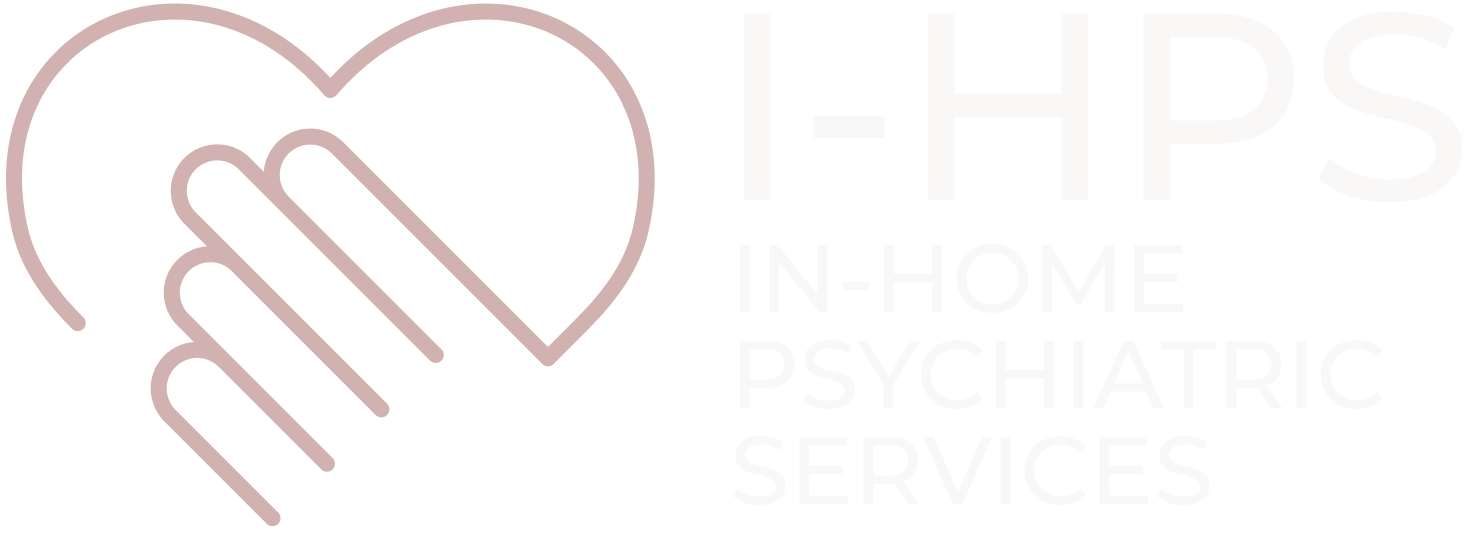Mental health care has long been an essential aspect of overall well-being, but access to high-quality, timely, and affordable mental health services has been a persistent challenge for many individuals. Fortunately, in recent years, the rise of tele-behavioral health has transformed how mental health treatment is delivered, making it more accessible, flexible, and effective. Tele-behavioral health refers to the use of technology, such as video conferencing, phone consultations, and secure messaging platforms, to provide mental health services remotely. By eliminating many of the traditional barriers to in-person treatment, tele-behavioral health has the potential to significantly improve the accessibility, affordability, and quality of mental health care.
In this article, we will explore how tele-behavioral health is transforming mental health treatment and why it is poised to be a long-lasting solution for improving mental well-being worldwide.
1. Breaking Geographic Barriers to Care
For many individuals, access to mental health care is limited by their geographic location. Rural and remote areas often have a shortage of mental health professionals, leaving residents with few options for receiving the care they need. Even in urban settings, individuals may face challenges finding a suitable provider nearby, especially if they require specialized care for specific mental health conditions.
Tele-behavioral health has removed these geographic barriers by enabling individuals to connect with mental health providers from anywhere with an internet connection. This has been a game-changer for people living in underserved areas where mental health professionals are in short supply. With tele-behavioral health, patients no longer need to travel long distances or wait for extended periods to access care. Instead, they can engage with qualified therapists, psychiatrists, and other mental health professionals from the comfort of their homes.
This increased access has been particularly beneficial during times of crisis, such as during the COVID-19 pandemic, when lockdowns and social distancing measures made in-person appointments difficult or impossible. Tele-behavioral health helped bridge this gap and ensured that individuals could continue receiving treatment without disruption.
2. Reducing the Stigma Surrounding Mental Health Treatment
Despite growing awareness of mental health issues, stigma continues to surround seeking mental health care. Many people feel self-conscious about going to therapy, especially when they have to enter a waiting room full of other patients. This stigma can prevent individuals from pursuing treatment, even when they need it most.
Tele-behavioral health helps reduce this stigma by offering a level of privacy and discretion that in-person appointments may lack. Patients can attend virtual therapy sessions or consultations from the comfort and privacy of their own homes, without worrying about running into acquaintances or others who might judge them. This increased privacy allows individuals to feel more comfortable seeking treatment, knowing that they can keep their mental health care confidential and separate from other aspects of their lives.
Additionally, tele-behavioral health enables individuals to access care from the safety of their homes, reducing the perceived social risks associated with attending in-person appointments. This sense of privacy can encourage more people to take the step of seeking mental health support, ultimately leading to improved mental well-being across communities.
3. Enhancing Convenience and Flexibility
Traditional mental health care often requires individuals to take time off work, arrange transportation, and deal with long wait times in a clinic before even seeing their provider. This can be particularly challenging for individuals with busy schedules, families, or mobility issues.
Tele-behavioral health removes these logistical hurdles by allowing individuals to schedule appointments at times that work best for them. Evening and weekend availability make it possible for people to attend therapy or psychiatric consultations without disrupting their daily routines. As a result, tele-behavioral health helps individuals stay consistent with their mental health care and ensures that they don’t miss out on important sessions due to scheduling conflicts.
Moreover, the convenience of virtual visits means that individuals can access care when they need it most. For example, someone experiencing a mental health crisis can reach out to a provider and receive timely support, rather than waiting for an appointment weeks in advance. This immediate access to care can make a significant difference in preventing crises from escalating and promoting recovery.
4. Expanding Access to Specialized Care
In many areas, individuals seeking mental health care are limited to the professionals available locally. While general therapists and counselors are often available, finding specialists in areas such as trauma, addiction, or mood disorders can be more difficult. Tele-behavioral health breaks down this limitation by making it easier for individuals to access specialized care from providers who may be located far away.
Tele-behavioral health platforms connect patients with a wide range of professionals with expertise in various areas of mental health, including anxiety disorders, depression, post-traumatic stress disorder (PTSD), eating disorders, substance use, and more. This expanded access to specialized care allows individuals to receive treatment from the best-fit provider, even if that provider is located in a different city or state. It also enables individuals to receive second opinions or try different therapeutic approaches that might not be available locally.
Having access to a wider range of professionals means that patients can receive more tailored treatment plans that address their unique needs, which can lead to better outcomes.
5. Increasing Affordability and Reducing Costs
Mental health care can be costly, especially for individuals without insurance or those who require ongoing treatment. In-person visits typically involve additional costs, including transportation, time off work, and sometimes facility fees. For people without sufficient health coverage, these expenses can quickly add up, making it difficult to afford care.
Tele-behavioral health is often more affordable than traditional in-person care because it eliminates many of these additional costs. With telehealth, there are no transportation costs, and the shorter duration of virtual appointments can lower overall fees. Providers may also offer reduced rates for virtual sessions compared to in-person visits, making mental health care more accessible to a broader range of individuals.
Additionally, tele-behavioral health can be a more cost-effective solution for insurance companies. By reducing the need for physical office space and in-person staff, providers can operate more efficiently, which may lower costs for patients. This cost-saving aspect makes tele-behavioral health a more affordable option for individuals who may not have access to traditional insurance or whose insurance plans may not fully cover mental health services.
6. Ensuring Continuity of Care
For individuals managing chronic mental health conditions, continuity of care is critical to their well-being. Regular therapy sessions, check-ins with mental health providers, and consistent medication management are essential for maintaining progress and preventing setbacks.
Tele-behavioral health makes it easier for individuals to maintain consistent care by offering more flexible scheduling and reducing the barriers to attending appointments. Patients who might otherwise miss sessions due to travel, work, or personal commitments can continue their treatment remotely. This continuity of care helps individuals stay on track with their mental health journey, resulting in better long-term outcomes.
In addition, tele-behavioral health facilitates more frequent follow-up appointments and check-ins, ensuring that patients receive ongoing support and guidance. It allows for more frequent communication between patients and providers, making it easier to monitor progress and make adjustments to treatment plans as needed.
7. Improving Mental Health Outcomes
Studies have shown that tele-behavioral health can be just as effective as in-person therapy for many individuals, especially when it comes to conditions like anxiety, depression, and post-traumatic stress disorder (PTSD). Virtual therapy sessions can provide patients with the same therapeutic techniques, coping strategies, and emotional support that they would receive in a traditional setting.
Furthermore, tele-behavioral health has been shown to increase patient engagement and adherence to treatment. Patients who feel more comfortable in their own homes and have access to convenient, private care are more likely to stay committed to their treatment plans. This leads to better outcomes and a higher level of satisfaction with care.
Tele-behavioral health has proven to be a transformative force in the mental health care field, offering solutions to longstanding challenges such as limited access, stigma, and affordability. By expanding access to care, providing convenience and flexibility, and ensuring continuity of treatment, tele-behavioral health has the potential to revolutionize mental health care for individuals across the globe.
As the demand for mental health services continues to grow, tele-behavioral health offers a scalable and effective solution to meet the needs of diverse populations. By leveraging technology to bridge gaps in care, tele-behavioral health ensures that mental health services are more accessible, affordable, and impactful than ever before. It is clear that tele-behavioral health will continue to play a critical role in shaping the future of mental health treatment, helping individuals lead healthier, more fulfilling lives.

